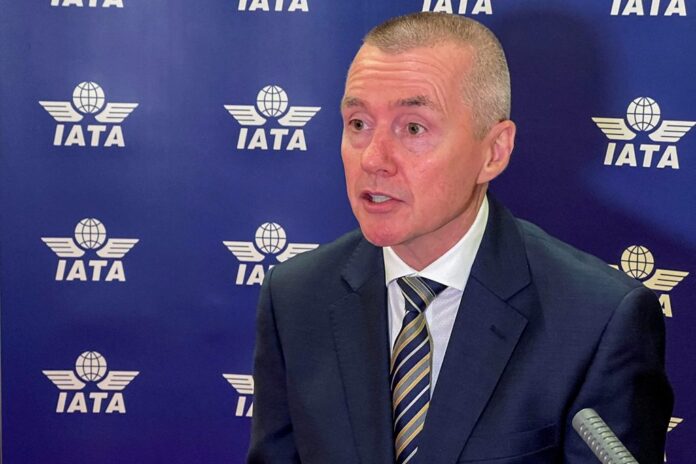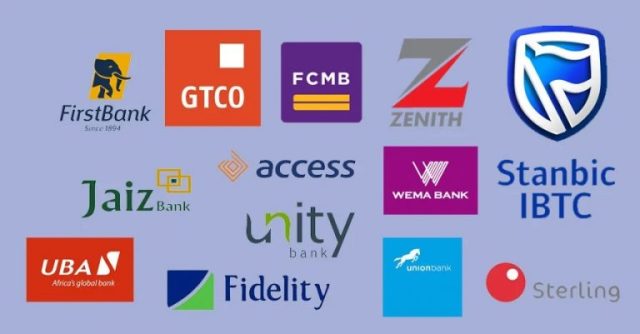Ime Akpan
The International Air Transport Association (IATA) expressed its concerns regarding the recommendation of the Global Solidarity Levies Task Force (GSLTF) to target air transportation in its aim to “improve domestic revenue mobilisation of developing countries and support international solidarity (in particular with regard to climate change mitigation and adaptation, pandemics and other development challenges).”
The GSLTF is a system of internationally coordinated, nationally administered taxes or fees designed to generate revenue for global public goods, particularly climate mitigation and development finance for developing countries.
Recent proposals, supported by a GSLTF, focus on levies applied to sectors that benefit greatly from globalisation and contribute significantly to environmental impact, such as international aviation, financial transactions, and fossil fuels.
Reacting to the proposal, IATA said in a statement that airlines have committed to achieving net zero carbon emissions by 2050—an effort that is expected to cost $4.7 trillion over the period 2024-2050.
It said the measure will ensure that aviation can deliver its direct contribution of 3.9% of global GDP and 86.5 million jobs globally while addressing its estimated 2.5% share of global carbon emissions.
The global airlines’ organisation said contended that increasing aviation taxes on airlines as proposed will limit the industry’s ability to invest in solutions that deliver long-term emissions reductions.
IATA also faulted GSLTF’s proposal, saying it disregards the role of the Carbon Offsetting and Reduction Scheme for International Aviation (CORSIA), which was agreed through the International Civil Aviation Organisation (ICAO) and is the world’s first globally agreed mechanism to manage carbon emissions from an industrial sector—in this case international aviation.
It pointed out that the GSLTF states were among those that created CORSIA under the principle that it would be the single harmonised market-based measure to manage international aviation’s carbon emissions.
It argued that overlapping measures, such as the Solidarity Levy, would undermine CORSIA and lead towards a fragmented, inefficient and inconsistent global policy framework.
It advised that all states, including those in the GSLTF, should focus on making CORSIA successful rather than advancing overlapping measures.
It also stated that topping the agenda of critical support needed for CORSIA is states making available the carbon credits so that airlines can fulfil their CORSIA obligations and states can realise their climate financing value.
IATA said independent global research carried out by Savanta in 15 countries for IATA revealed deep public skepticism over air travel taxation with 73% describing the green taxes as “government green washing” while 79% said there are too many taxes on flying.
The survey also revealed that 78% of the respondents said taxation is not the way to make aviation sustainable; 74% doubted governments to spend tax money wisely, while 88% believe that taxes collected from air travel should be invested to improve travel for passengers
Taxation was the least popular modality to compensate for carbon emissions associated with flying with only 9% support. More popular preferences are SAF purchases (25%), carbon emissions reducing technology investments (23%), emissions reduction research (18%) and offsetting (13%).
“The airline industry is an economic catalyst, not a cash cow. Yet governments casually suggest a tax on flyers that is three times the airline industry’s annual profit without considering the real-world side effects for an industry that is a lifeline for remote communities, invigorates tourism markets and links local products to global markets. Moreover, while the modalities for the GSLTF proposal are not specified, history shows us that these taxes simply go to the general exchequer, with little, if any, of the revenues generated going to climate change adaptation,” said IATA’s director general, Mr Willie Walsh.
He added: The GSLTF says that their solidarity levies won’t increase the cost of living for ordinary citizens or impact things like household bills. This is untrue. The bottom line is that, if followed, the GSLTF’s recommendations will increase the cost of air travel for all travelers and do more harm than good. Extracting tens of billions from aviation will cripple its ability to invest in achieving net zero by 2050, change route dynamics to the extent that connectivity will suffer, and short-change countries on the critical economic support that air transportation provides.
“To be clear, airlines are not evading doing their part to mitigate the impacts of climate change. The industry is doing everything possible to achieve net zero carbon emissions with Sustainable Aviation Fuels (SAF), more efficient operations, and better technology. The last thing these efforts need is a USD90 billion gut punch of a tax. With respect to air transportation, the aims of the GSLTF could best be realised by supporting investments in SAF production so airlines can deliver prosperity by connecting people and businesses to global opportunities,” said Walsh.

























































